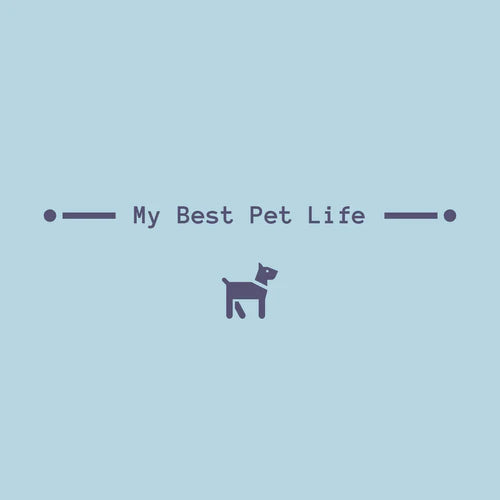Fertilizing your lawn when you have a dog requires some special considerations to ensure both your lawn and your pet's safety. Here are some tips on the best way to fertilize your lawn while taking care of your dog:
-
Choose pet-safe fertilizers:
- Look for fertilizers labeled as pet-safe or organic. These typically contain natural ingredients that are less harmful to pets.
- Avoid fertilizers with high levels of chemicals, especially nitrogen, which can be toxic if ingested by dogs.
-
Read and follow instructions:
- Carefully read and follow the manufacturer's instructions for application rates and timing. Over-fertilizing can lead to runoff and potentially harm your dog.
-
Water thoroughly:
- After applying fertilizer, water your lawn thoroughly to help it penetrate the soil and reduce the risk of your dog coming into contact with the chemicals. This also minimizes the chances of fertilizer particles sticking to your dog's paws.
-
Keep your dog away during application:
- When applying fertilizer, keep your dog indoors or in a separate, fenced area to prevent them from walking on the freshly treated lawn or trying to eat the fertilizer.
-
Wait before allowing access:
- Wait for the recommended time specified on the fertilizer label before allowing your dog to roam freely on the lawn. This gives the fertilizer time to be absorbed into the soil and reduces the risk of exposure.
-
Clean your dog's paws:
- After your dog has been outside on a treated lawn, wipe their paws with a damp cloth to remove any potential residue. This will help prevent ingestion or skin contact with fertilizer.
-
Store fertilizers safely:
- Store fertilizers in a secure place, away from your dog's reach, to prevent accidental ingestion or exposure.
-
Consider alternatives:
- If you're concerned about traditional fertilizers, consider using natural alternatives like compost, organic mulch, or pet-friendly lawn care products.
-
Regular lawn maintenance:
- Maintain a healthy lawn through regular mowing, aeration, and soil testing. A healthy lawn is less likely to require excessive fertilization.
-
Consult your veterinarian:
- If you have specific concerns about your dog's safety or health in relation to lawn care products, consult with your veterinarian for guidance and recommendations.
Remember that the safety of your dog is a top priority, so always err on the side of caution when it comes to using lawn fertilizers. Choosing pet-friendly products and following proper application techniques can help maintain a lush lawn while keeping your furry friend safe.

